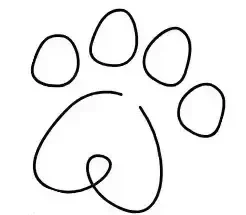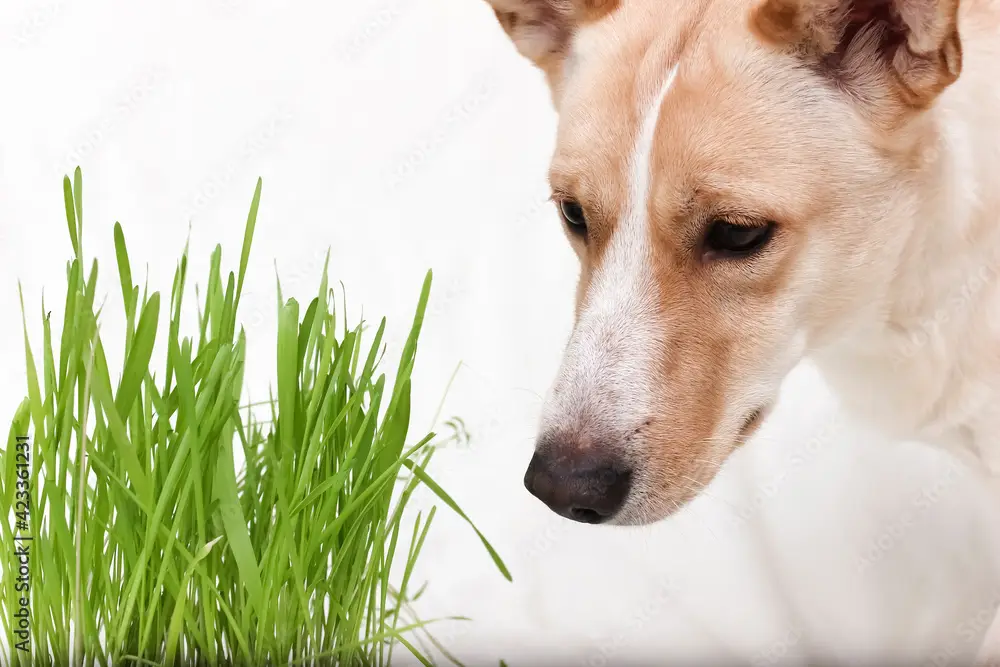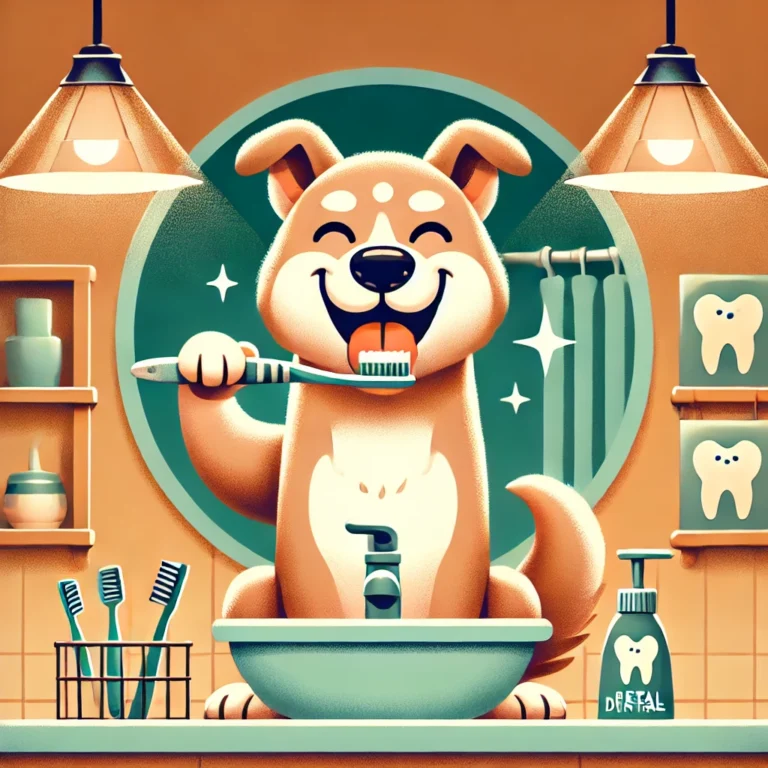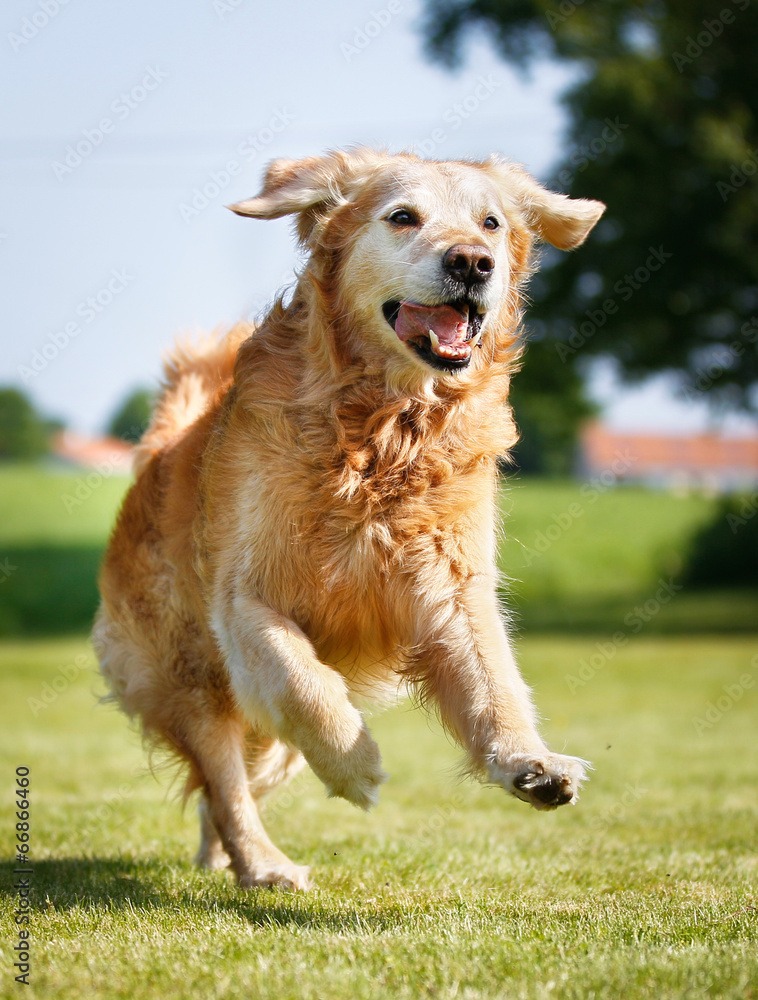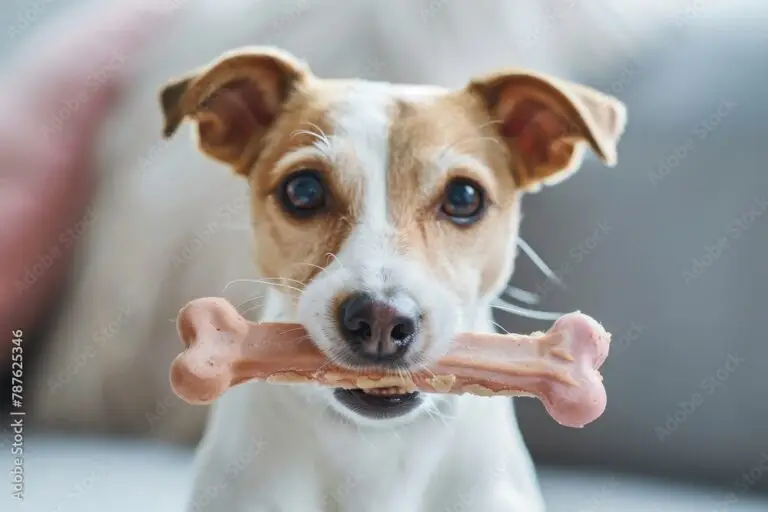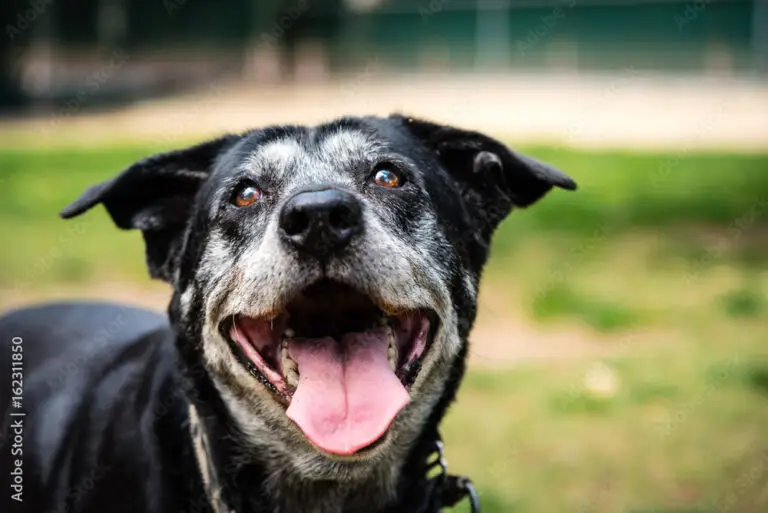Why Do Dogs Eat Grass?
I might receive a small commission if you click on our links and make purchases. However, please keep in mind that this does not affect reviews, product comparisons, or recommendations. We try to keep things fair and balanced to help you choose your needs best. Clicking the link does not affect your total cost.
Dogs may eat grass for a variety of reasons, and while there isn’t one definitive explanation. Some dogs may eat grass to help relieve gastrointestinal discomfort. The fibrous grass may help them vomit if they feel unwell or alleviate mild stomach issues.
They may also eat grass to supplement missing nutrients, particularly fiber. Some dogs eat grass out of boredom, curiosity, or instinctual behavior or instinctual behavior inherited from their wild ancestors, who were omnivorous scavengers.
Sometimes, dogs might do this for pure enjoyment. It is possible that some dogs simply enjoy the taste and texture of grass.
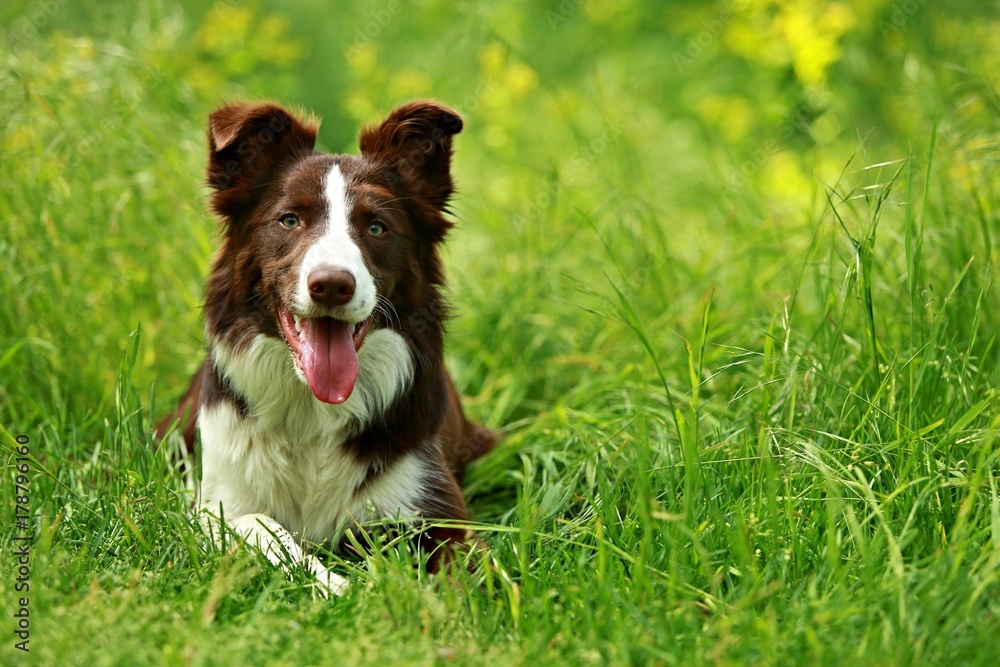
Strategies To Use To Stop Grass Eating
If you want to stop your dog from eating grass, some strategies you can try are to increase fiber in their diet. After consulting your vet, you can try adding some fiber-rich foods or switching to a high-fiber dog food.
You can also provide more mental and physical stimulation by increasing daily walks, playtime, and interactive toys, which can help to distract them and reduce their behavior.
Training your dog with the “Leave it” or “no” command when they attempt to eat grass and then reinforce by rewarding them with a treat, toys, or praise when they obey.
You can also redirect their attention with a toy or treat when they go for the grass.
Another strategy is to monitor their environment by supervising your dog more closely when outside to intervene before they start eating grass.
You can also use your dog-safe chew toys, bones, or treats to fulfill their need to chew on something other than grass.
It may also be a good idea to consult your veterinarian to ensure your dog’s diet meets their nutritional needs. Sometimes, grass-eating is a sign of an underlying nutrient imbalance.
In most cases, eating small amounts of grass is considered normal and harmless, but if it becomes excessive or is paired with frequent vomiting, it might be a sign to consult your vet to rule out any underlying health concerns.
